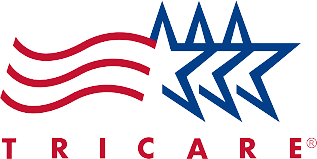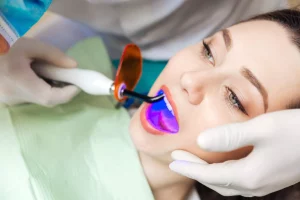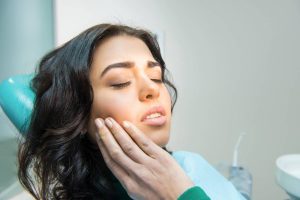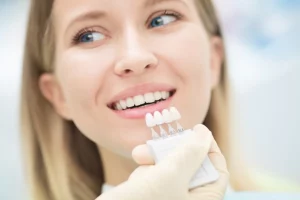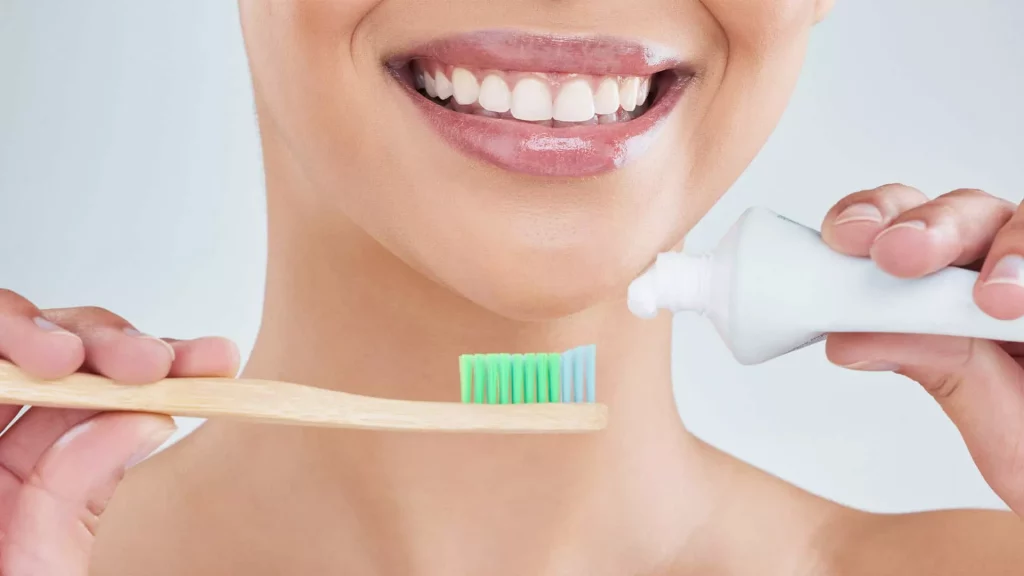Last Updated on: 19th December 2025, 08:00 am
Effect of Antiepileptic Drugs on Oral Health
According to the World Health Organization (WHO), disability due to epilepsy affects 1% to 2% of the world’s population. In the world, there are approximately 50 million people with epilepsy, about 80% of these patients come from underdeveloped regions, of which epilepsy responds to treatment in approximately 70% of cases, but about three-quarters of affected residents in underdeveloped countries, they do not receive the treatment they need. In this article, you will know the effects and causes of antiepileptic drugs on oral health.
It is characterized by recurrent seizures, which are brief episodes of involuntary movement that can involve a part of the body (partial) or the whole body (generalized) and are sometimes accompanied by loss of consciousness and control of bowel function.
What Are Antiepileptic Drugs on oral health?
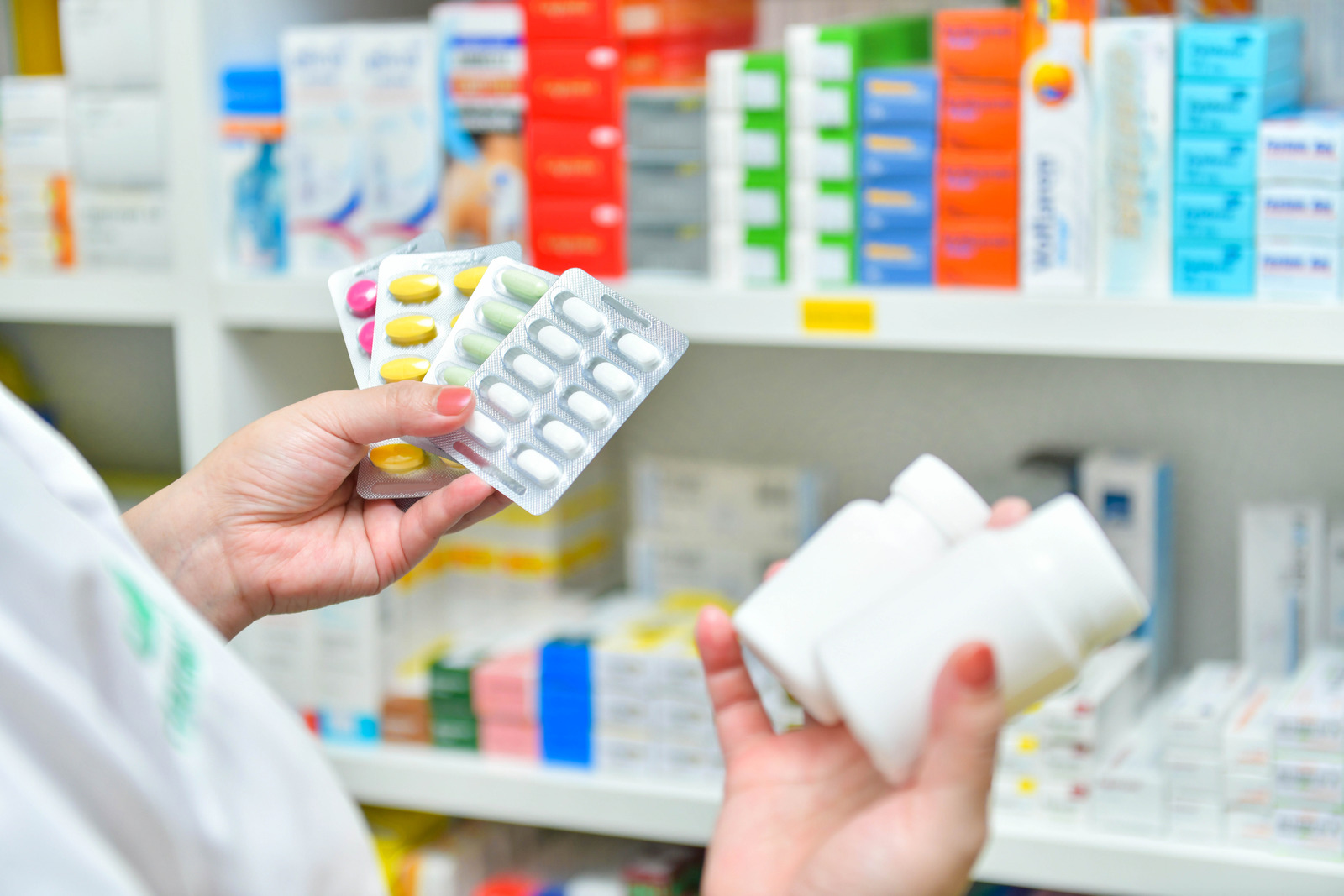
Anticonvulsants or antiepileptics are drugs that are used primarily to treat seizure disorders. But they are also frequently prescribed to treat people with bipolar disorder, certain types of pain caused by neuropathy or trauma, and fibromyalgia. These drugs should always be consumed when there is a medical prescription and under a diagnosis defined by the doctor; therefore, the treatment time is determined by the diagnosis and it is recommended not to stop the drug and always consume it at the same time.
What Are The Most Commonly Prescribed Antiepileptic Drugs?
They are commonly prescribed: Carbamazepine, phenytoin, lamotrigine, sodium valproate, and some sedatives, gabapentin or clonazepam, and being drugs that act on the central nervous system, they present some common side effects such as drowsiness, dizziness, loss of balance, and sometimes have effects on the gastrointestinal system such as nausea, vomiting, dry mouth, dyspepsia, dry throat. When consumed chronically, adverse events such as gingival enlargement, xerostomia, and the hematopoietic system may appear.
1. Gingival enlargement
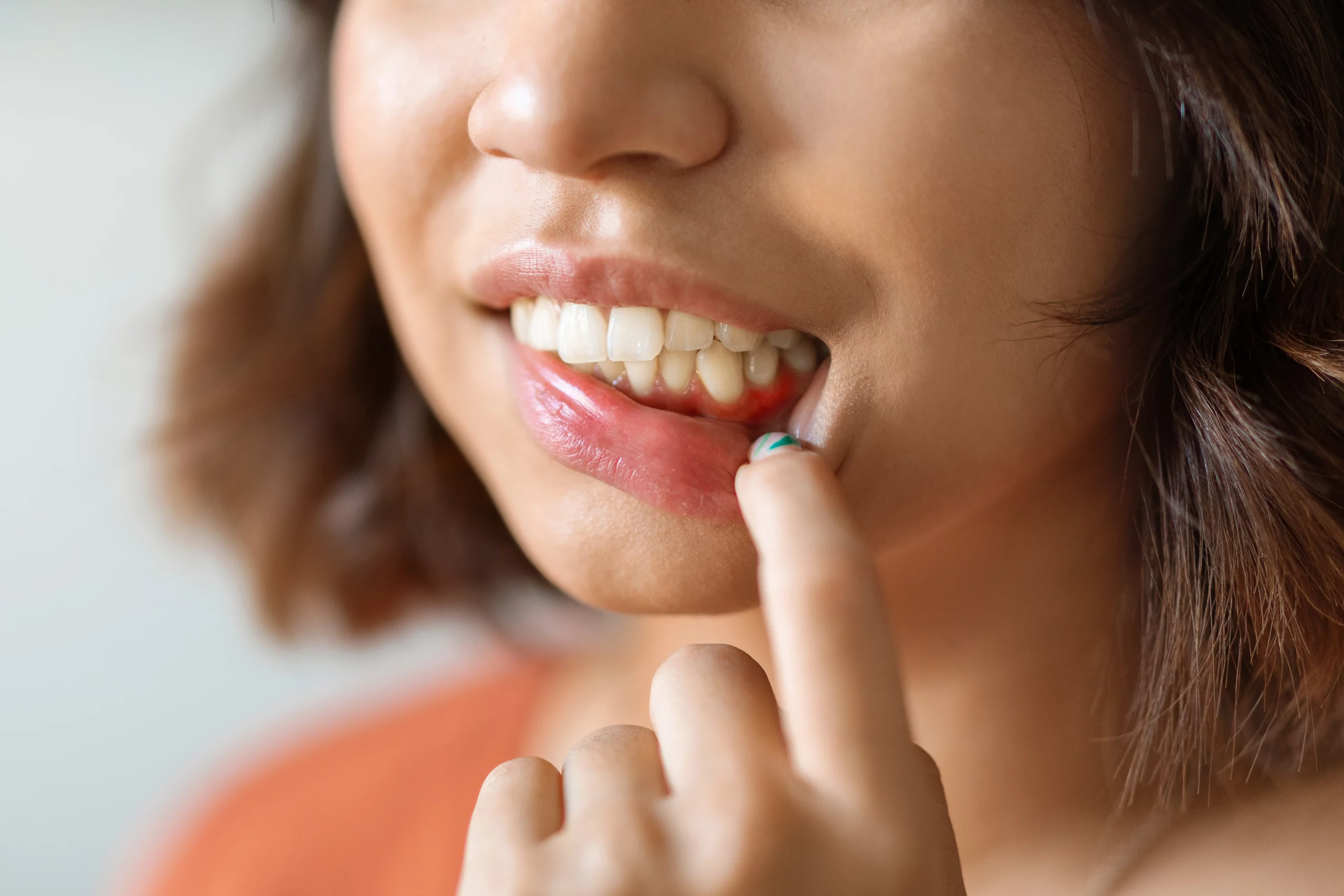
The most frequent complication, it appears in almost 50% of patients who use anticonvulsants for more than three months and reaches a maximum level between the first and second year of treatment. It manifests clinically as an increase in the interdental papillae, the gums become more prominent, tending to invade the crown of the teeth. Gum growth causes significant aesthetic alterations, interference when biting, difficulty speaking and swallowing, bleeding gums, and dental malposition.
2. Xerostomia
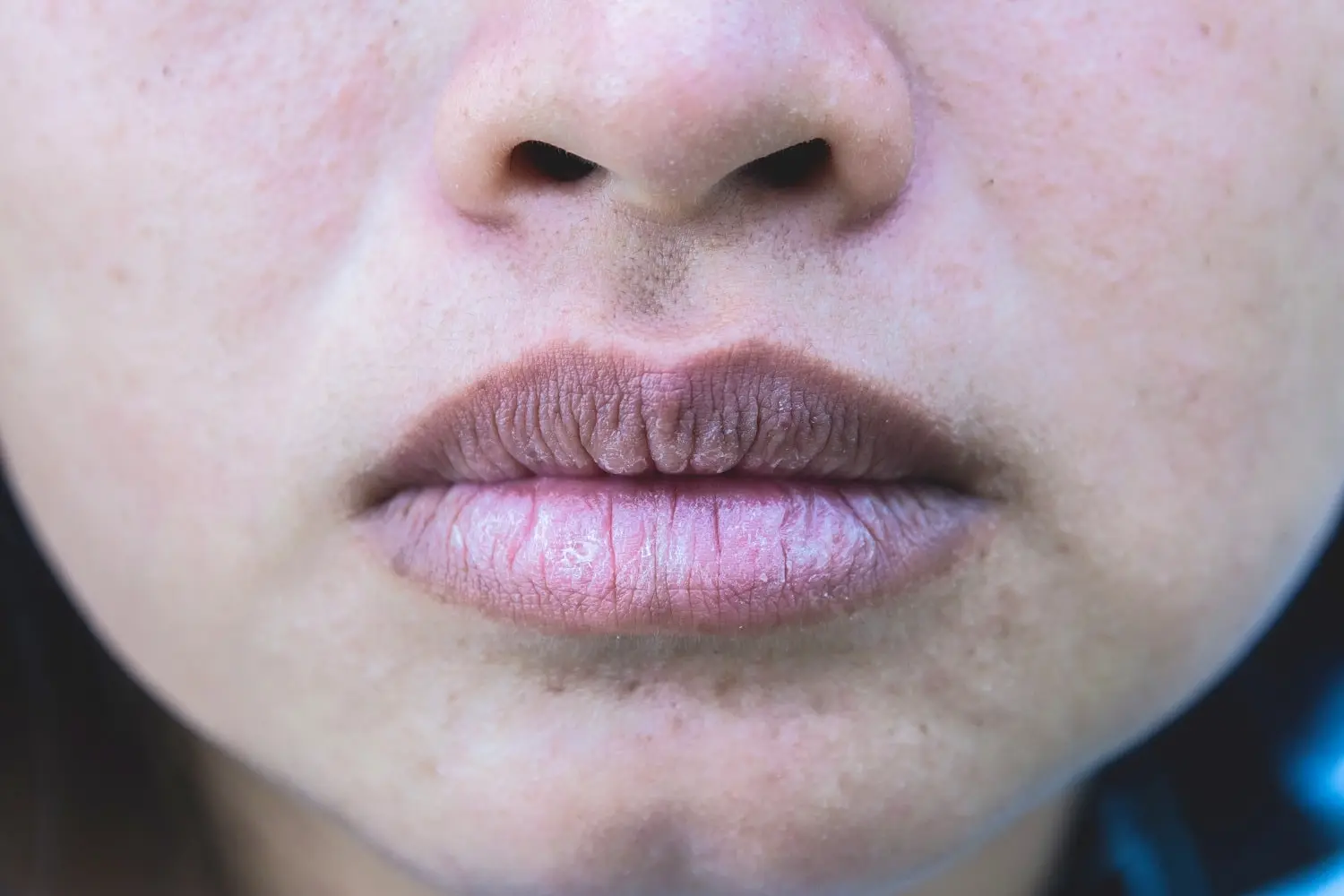
Also known as dry mouth syndrome consists of an unpleasant sensation of dry mouth that occurs when an alteration of the salivary glands decreases the production of saliva, which in the long term could generate different diseases such as: cavities, periodontal disease, difficulty chewing and swallowing, taste disturbances, mycosis, generalized pain in the mouth (stomatodynia or burning mouth syndrome) sialadenitis.
3. The hematopoietic system
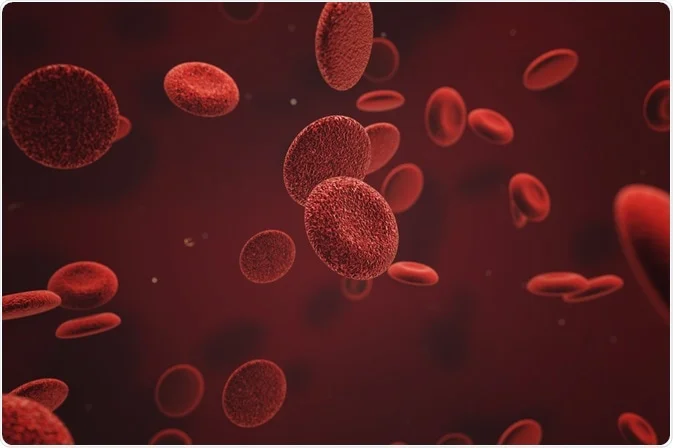
This system is responsible for producing cells found in the blood and some situations related to consumption have been identified of these drugs such as interference in coagulation and increase in gum lesions.
What I Have To Do as an Antiepileptic Drug Consumer?
Accordingly, it is recommended to identify adverse reactions or side effects associated with the drugs in order to adjust the dental processes that are going to be carried out in their patients and the management of the post-procedure medication. It is also important that patients inform about the medications they consume or have prescribed since the drug interactions that may be generated between them and with the treatments prescribed by their dentist could increase these adverse reactions or exacerbate them.
Contact Us
If you have any of these issues and need guidance, feel free to visit Channel Island Family Dental.
At Channel Island Family Dental, we focus on providing a timely diagnosis. In addition, at Oxnard Dentist, Ventura Dentist , Newbury Park, Port Hueneme Dentist, and Santa Paula Dentist, we provide the best treatment to restore your confidence in smiling again.
Bibliography
- “Epilepsy”. World Health Organization. March 2021.Available at: https://www.who.int/es/news-room/fact-sheets/detail/epilepsy
- Santos Peña Moisés A., Welcome Mesa Reynaldo, Betancourt García Ana, Curbeira Hernández Eduardo and Fernández González Mariangel, “CLINICAL-STOMATOLOGICAL EMERGENCIES. GUIDELINES FOR DIAGNOSIS AND TREATMENT ”, Rev. Cubana de Estomatología, 2000; 37 (1): 5-49 Marcelo
- Silva shoes Milagros de la Caridad, Laurencio Rodríguez Jorge, Peña Sisto Maritza. Diseases caused by drugs in the oral cavity. MEDISAN [Internet]. 2015 Nov [cited 2021 Mar 15]; 19 (11): 1386-1398.





